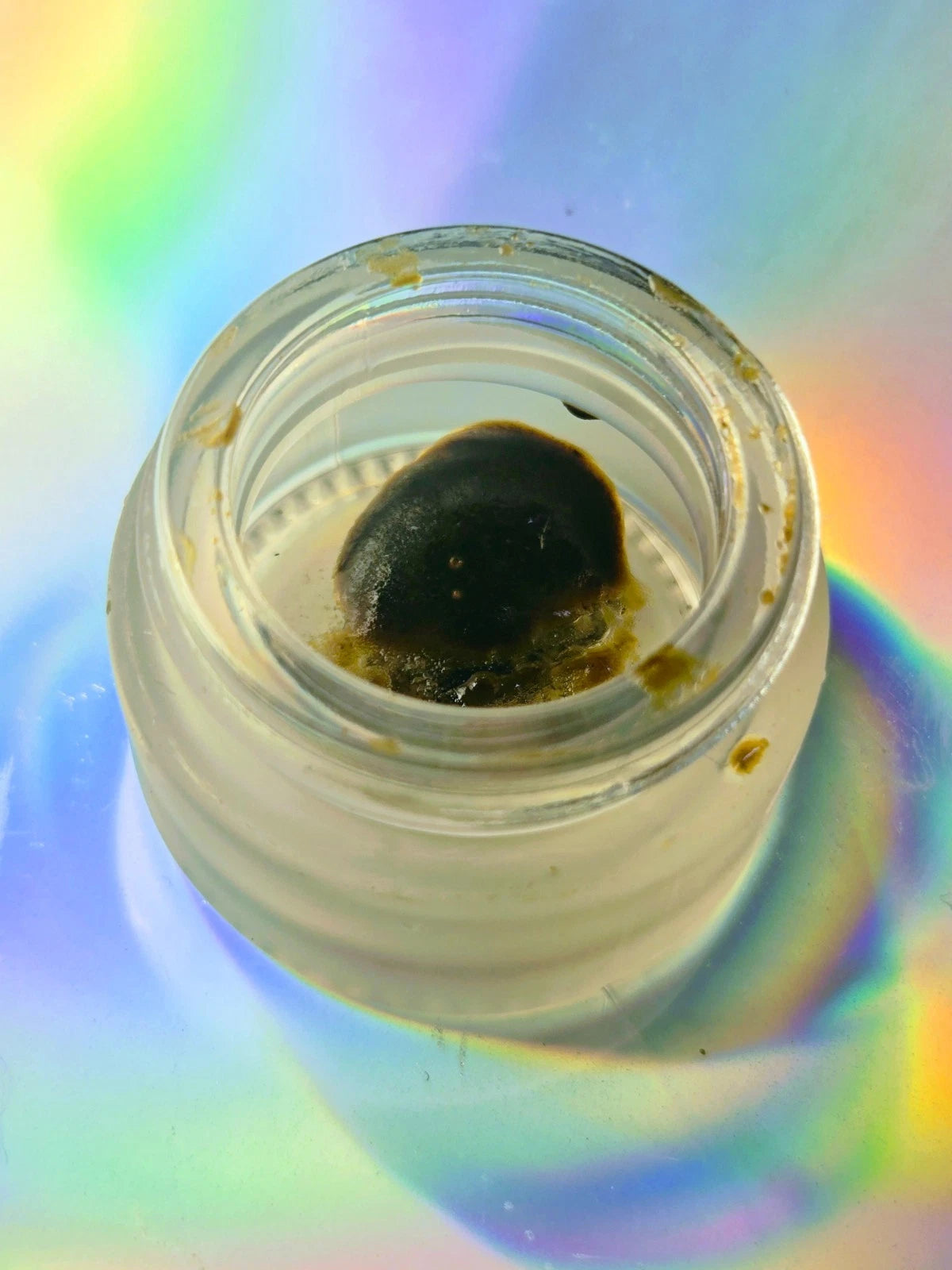
Healing Herbals
Yohimbe Extract
Yohimbe Extract
Couldn't load pickup availability
Yohimbe Extract, sourced from the bark of the Pausinystalia yohimbe tree native to central and western Africa, is a resinous extract containing yohimbine, an alkaloid that may act as an alpha-2 adrenergic antagonist. This compound could support blood flow, energy, and focus, and may assist with fat metabolism during exercise or fasting. The resinous form offers concentrated yohimbine for targeted use in sexual wellness and vitality. Consult a healthcare provider before use due to possible side effects like increased heart rate or anxiety.
Share


Here at Healing Herbals Store
We carefully select suppliers who share our commitment to environmental stewardship and minimize waste through eco-conscious or reused packaging whenever possible. We prioritize supporting fair labor practices and are currently investing in regenerative farming methods, so every product reflects our dedication to both quality and the health of our planet. Shop now!

